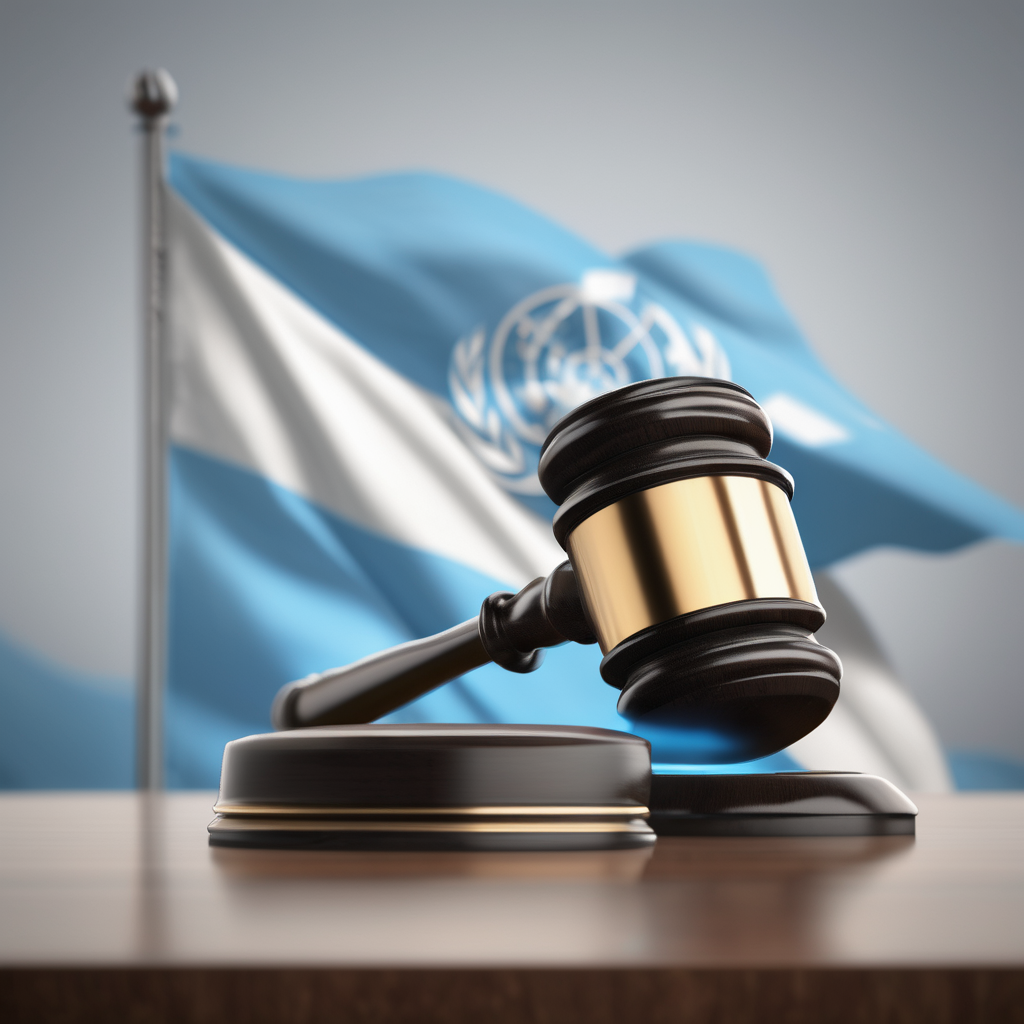The escalating issue of drug trafficking and organized crime in Fiji poses a significant threat to national security and the well-being of its communities. Prime Minister Sitiveni Rabuka, addressing the United Nations General Assembly, underscored the complexity of these challenges, which stretch across the expansive maritime domains. He advocated for a comprehensive strategy that includes not only stringent law enforcement but also mental health support, community recovery initiatives, and trauma-informed care for affected individuals.
Furthermore, the Prime Minister emphasized the importance of operationalizing the Multidimensional Vulnerability Index (MVI) to better assess the needs of Small Island Developing States. He argued that the MVI provides a more nuanced understanding of these nations’ vulnerabilities by considering environmental fragility, economic susceptibility, and structural constraints, rather than relying solely on GDP per capita as a metric. He asserted that this initiative is crucial for development justice, ensuring that nations like Fiji receive tailored international support that matches their unique challenges.
In previous discussions, Rabuka has consistently highlighted the region’s struggle with transnational crimes, including cybercrime and illegal drug activities, which often treat the Pacific as a transit point due to its strategic location. Collaborations with border agencies have led to successful initiatives, seizing drugs worth billions, but the focus remains on disrupting organized criminal networks. Home Affairs Minister Pio Tikoduadua has also advocated for balancing economic growth with national security, stressing the need for robust border control and improved security measures.
The conversation around these issues also calls for the urgent establishment of rehabilitation centers for drug addicts in Fiji, which continue to be a critical need. The absence of such facilities hinders recovery efforts and exacerbates the drug problem, leaving many without the necessary support for a chance at recovery.
Rabuka’s call to action extends beyond enforcement, urging a collaborative regional approach among Pacific Island nations for a united front against these multifaceted threats. This partnership aims to build resilience and stability, ensuring a secure and hopeful future for the region.
As Fiji and its Pacific neighbors navigate these complex challenges, there remains optimism that through solidarity and strategic action, they can foster a more secure and prosperous future. The commitment to both regional collaboration and comprehensive internal reform reflects a proactive stance towards safeguarding their communities and natural resources.
